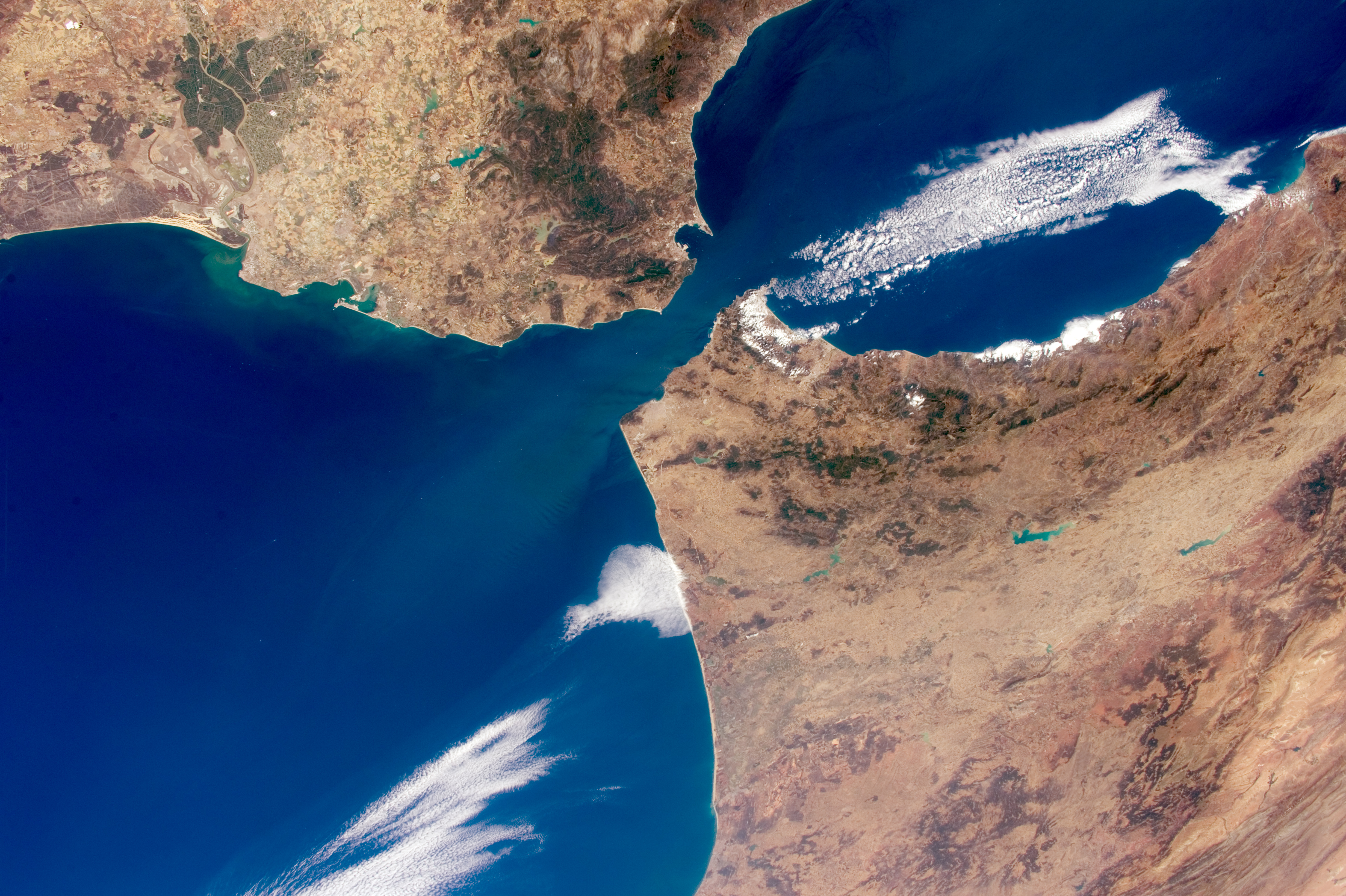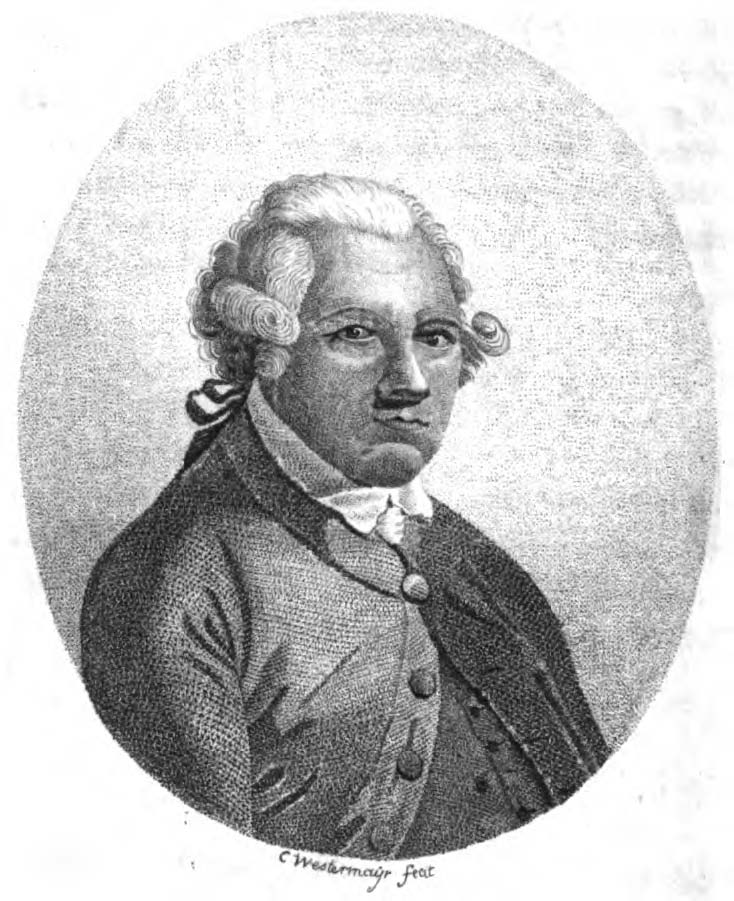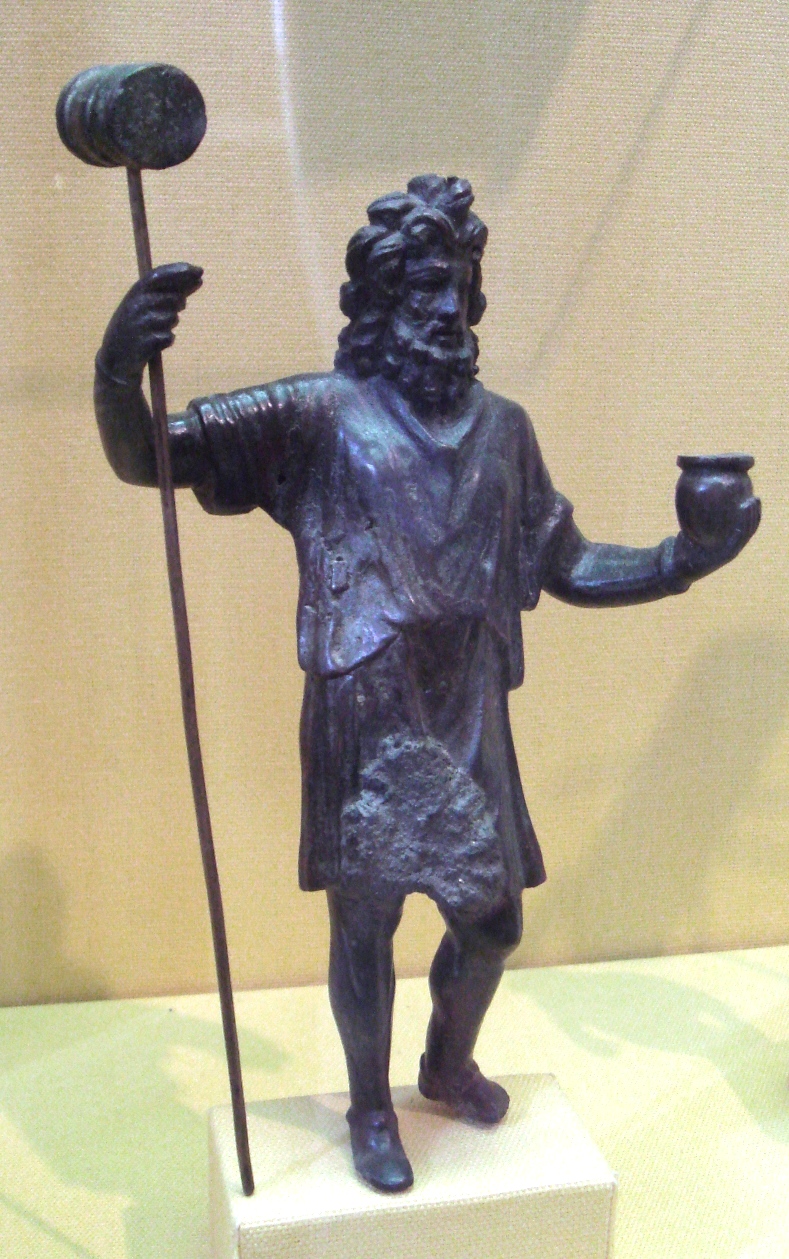|
Straits Of Moyle
The North Channel (known in Irish and Scottish Gaelic as , in Scots as the ) is the strait between north-eastern Northern Ireland and south-western Scotland. The Firth of Clyde merges with the channel, between the southern tip of the Kintyre peninsula and Corsewall Point on the Rhins of Galloway. The channel begins north of the Isle of Man and is customarily considered part of the Irish Sea, the channel runs north-west into the Atlantic Ocean. Within the channel is Beaufort's Dyke, and its deepest part is at . Geography The North Channel connects the Irish Sea with the Atlantic Ocean and is part of the marine area officially classified as the " Inner Seas off the West Coast of Scotland" by the International Hydrographic Organization (IHO). The Straits of Moyle ( in Irish and Scottish Gaelic) or Sea of Moyle is the name given to the narrowest expanse of sea in the North Channel between north-eastern Northern Ireland's County Antrim and the south-western highlands of Sco ... [...More Info...] [...Related Items...] OR: [Wikipedia] [Google] [Baidu] |
Strait
A strait is a water body connecting two seas or water basins. The surface water is, for the most part, at the same elevation on both sides and flows through the strait in both directions, even though the topography generally constricts the flow somewhat. In some straits there is a dominant directional current. Most commonly, the strait is a narrowing channel that lies between two land masses. Straits are loci for sediment accumulation, with sand-size deposits usually occurring on the two strait exits, forming subaqueous fans or deltas. Some straits are not navigable because, for example, they are too narrow or too shallow, or because of an unnavigable reef or archipelago. Terminology The terms '' channel'', ''pass'', or ''passage'' can be synonymous and used interchangeably with ''strait'', although each is sometimes differentiated with varying senses. In Scotland, '' firth'' or ''Kyle'' are also sometimes used as synonyms for strait. Many straits are economically impor ... [...More Info...] [...Related Items...] OR: [Wikipedia] [Google] [Baidu] |
Scottish Gaelic Language
Scottish Gaelic (, ; Endonym and exonym, endonym: ), also known as Scots Gaelic or simply Gaelic, is a Celtic language native to the Gaels of Scotland. As a member of the Goidelic language, Goidelic branch of Celtic, Scottish Gaelic, alongside both Irish language, Irish and Manx language, Manx, developed out of Old Irish. It became a distinct spoken language sometime in the 13th century in the Middle Irish period, although a Classical Gaelic, common literary language was shared by the Gaels of both Ireland and Scotland until well into the 17th century. Most of modern Scotland was once Gaelic-speaking, as evidenced especially by Gaelic-language place names. In the 2011 United Kingdom census#2011 Census for Scotland, 2011 census of Scotland, 57,375 people (1.1% of the Scottish population, three years and older) reported being able to speak Gaelic, 1,275 fewer than in 2001. The highest percentages of Gaelic speakers were in the Outer Hebrides. Nevertheless, there is a language ... [...More Info...] [...Related Items...] OR: [Wikipedia] [Google] [Baidu] |
USS Ranger (1777)
USS ''Ranger'' was a 18-gun sloop of the Continental Navy, serving from 1777 to 1780 and the first to bear her name. Built at Portsmouth Naval Shipyard on Badger's Island in Kittery, Maine, she is famed for the solo raiding campaign carried out by her first captain, John Paul Jones, during naval operations of the American Revolutionary War. In six months spent primarily in British waters, she captured five prizes (mostly merchantmen), staged a single failed attack on the English mainland at Whitehaven, and caused Royal Navy ships to be dispatched against her in the Irish Sea. Jones was detached in Brest, France to take charge of the , turning over responsibility for ''Ranger'' to his first officer, Lieutenant Thomas Simpson. Under Simpson, the ''Ranger'' went on to capture an additional twenty-four prizes across the Atlantic and along the U.S. coast throughout 1778 and 1779. Receiving new orders in late 1779 to aid the American garrison at Charleston, South Carolina, durin ... [...More Info...] [...Related Items...] OR: [Wikipedia] [Google] [Baidu] |
John Paul Jones
John Paul Jones (born John Paul; July 6, 1747 – July 18, 1792) was a Scottish-born naval officer who served in the Continental Navy during the American Revolutionary War. Often referred to as the "Father of the American Navy", Jones is regarded by several commentators as one of the greatest naval commanders in the military history of the United States. Born in Arbigland, Kirkcudbrightshire, Jones became a sailor at the age of thirteen, and served onboard several different merchantmen, including slave ships. After killing a mutinous subordinate, he fled to the British colony of Virginia to avoid being arrested and in joined the newly established Continental Navy. During the ensuing war with Kingdom of Great Britain, Great Britain, Jones participated in several Naval battles of the American Revolutionary War, naval engagements with the Royal Navy. Commanding the warship ''USS Ranger (1777), Ranger'', Jones conducted a naval campaign in the North Sea, attacking British merchant ... [...More Info...] [...Related Items...] OR: [Wikipedia] [Google] [Baidu] |
North Channel Naval Duel
The North Channel Naval Duel was a single-ship action between the Continental Navy sloop of war ''Ranger'' (Captain John Paul Jones) and the Royal Navy sloop-of-war ''Drake'' (Captain George Burdon) on the evening of 24 April 1778. Fought in the North Channel, separating Ireland from Scotland, it was the first American naval success within Atlantic waters, and also one of the only American naval victories in the conflict achieved without an overwhelming superiority of force. The action was one of a series of actions by Jones that brought the war to British waters. Background Even before the official entry of other nations, the American War of Independence was by no means confined to American soil; naval operations, by both the Continental Navy and privateers, ranged across the Atlantic. In 1777, American captains such as Lambert Wickes, Gustavus Conyngham, and William Day had been making raids into British waters and capturing merchant ships, which they took into Fre ... [...More Info...] [...Related Items...] OR: [Wikipedia] [Google] [Baidu] |
American Revolutionary War
The American Revolutionary War (April 19, 1775 – September 3, 1783), also known as the Revolutionary War or American War of Independence, was the armed conflict that comprised the final eight years of the broader American Revolution, in which American Patriot (American Revolution), Patriot forces organized as the Continental Army and commanded by George Washington defeated the British Army during the American Revolutionary War, British Army. The conflict was fought in North America, the Caribbean, and the Atlantic Ocean. The war's outcome seemed uncertain for most of the war. However, Washington and the Continental Army's decisive victory in the Siege of Yorktown in 1781 led King George III and the Kingdom of Great Britain to negotiate an end to the war in the Treaty of Paris (1783), Treaty of Paris two years later, in 1783, in which the British monarchy acknowledged the independence of the Thirteen Colonies, leading to the establishment of the United States as an independent and ... [...More Info...] [...Related Items...] OR: [Wikipedia] [Google] [Baidu] |
Maritime Transport
Maritime transport (or ocean transport) or more generally waterborne transport, is the transport of people (passengers or goods (cargo) via waterways. Freight transport by watercraft has been widely used throughout recorded history, as it provides a higher-capacity mode of transportation for passengers and cargo than land transport, the latter typically being more costly per unit payload due to it being affected by terrain conditions and road/rail infrastructures. The advent of aviation during the 20th century has diminished the importance of sea travel for passengers, though it is still popular for short trips and pleasure cruises. Transport by watercraft is much cheaper than transport by aircraft or land vehicles (both road and rail), but is significantly slower for longer journeys and heavily dependent on adequate port facilities. Maritime transport accounts for roughly 80% of international trade, according to UNCTAD in 2020. Maritime transport can be realized over an ... [...More Info...] [...Related Items...] OR: [Wikipedia] [Google] [Baidu] |
Privateer
A privateer is a private person or vessel which engages in commerce raiding under a commission of war. Since robbery under arms was a common aspect of seaborne trade, until the early 19th century all merchant ships carried arms. A sovereign or delegated authority issued commissions, also referred to as letters of marque, during wartime. The commission empowered the holder to carry on all forms of hostility permissible at sea by the usages of war. This included attacking foreign vessels and taking them as prizes and taking crews prisoner for exchange. Captured ships were subject to condemnation and sale under prize law, with the proceeds divided by percentage between the privateer's sponsors, shipowners, captains and crew. A percentage share usually went to the issuer of the commission (i.e. the sovereign). Most colonial powers, as well as other countries, engaged in privateering. Privateering allowed sovereigns to multiply their naval forces at relatively low cost by mobilizi ... [...More Info...] [...Related Items...] OR: [Wikipedia] [Google] [Baidu] |
United Kingdom Hydrographic Office
The United Kingdom Hydrographic Office (UKHO) is the UK's agency for providing hydrographic and marine geospatial data to mariners and maritime organisations across the world. The UKHO is a trading fund of the Ministry of Defence (MoD) and is located in Taunton, Somerset, with a workforce of approximately 900 staff. The UKHO is responsible for operational support to the Royal Navy and other defence customers. Supplying defence and the commercial shipping industry, they help ensure Safety of Life at Sea (SOLAS), protect the marine environment and support the efficiency of global trade. The UKHO also produces Admiralty charts, providing SOLAS-compliant charts, publications and digital services for ships trading internationally. History Establishment and early operation The Admiralty's first Hydrographer was Alexander Dalrymple, appointed in 1795 on the order of King George III. The existing charts were brought together and catalogued. The first chart Dalrymple published ... [...More Info...] [...Related Items...] OR: [Wikipedia] [Google] [Baidu] |
Alexander Keith Johnston (1804–1871)
Alexander Keith Johnston FRSE FRGS FGS FEGS LLD (died 9 July 1871) was a Scottish geographer and cartographer. Biography He was born at Kirkhill near Penicuik, south of Edinburgh. He was the son of Andrew Johnston and Isabel Keith. His brother was Thomas Brumby Johnston FRSE. After an education at the High School and the University of Edinburgh he was apprenticed to the Edinburgh engraver and mapmaker, James Kirkwood and William Home Lizars. In 1826, he joined his brother William (who would become Sir William Johnston, Lord Provost of Edinburgh) in a printing and engraving business, forming the well-known cartographical firm of W. and A. K. Johnston with offices based at 4 St Andrew Square in Edinburgh's New Town (demolished 2016) and their printworks based at Edina Works, off Easter Road. The firm used the clan motto of "Ready Aye Ready" as their logo. Early hikes in the West Highlands had led Johnston to despair at the accuracy of maps, and inspired a desire to rectif ... [...More Info...] [...Related Items...] OR: [Wikipedia] [Google] [Baidu] |
Children Of Lir
The ''Children of Lir'' () is a legend from Irish mythology. It is a tale from the post-Christianisation period that mixes magical elements such as druidic wands and spells with a Christian message of Christian faith bringing freedom from suffering. Naming and manuscripts Named in Irish as ''Oidheadh Chlainne Lir'', the tale is today often known simply as "The Children of Lir" but the title has also been rendered as ''The Tragic Story of the Children of Lir'' or ''The Fate of the Children of Lir'', or, from the earlier title ''Aided Chlainne Lir'', as ''The Violent Death of the Children of Lir''. The English translation should properly be "The Children of Lear", Lir being a genitive, but the mistranslation has become culturally embedded. In post 18th-century scholarship, the tale has often been grouped with the ''Oidheadh chloinne Uisnigh'' ("The Fate of the Children of Uisnigh") and ''Oidheadh chloinne Tuireann'' ("The Fate of the Children of Tuireann") as the ''Trí truagh ... [...More Info...] [...Related Items...] OR: [Wikipedia] [Google] [Baidu] |
Celtic Mythology
Celtic mythology is the body of myths belonging to the Celtic peoples.Cunliffe, Barry, (1997) ''The Ancient Celts''. Oxford, Oxford University Press , pp. 183 (religion), 202, 204–8. Like other Iron Age Europeans, Celtic peoples followed a polytheistic religion, having many gods and goddesses. The mythologies of continental Celtic peoples, such as the Gauls and Celtiberians, did not survive their conquest by the Roman Empire, the loss of their Celtic languages and their subsequent conversion to Christianity. Only remnants are found in Greco-Roman sources and archaeology. Most surviving Celtic mythology belongs to the Insular Celtic peoples (the Gaels of Ireland and Scotland; the Celtic Britons of western Britain and Brittany). They preserved some of their myths in oral lore, which were eventually written down by Christian scribes in the Middle Ages. Irish mythology has the largest written body of myths, followed by Welsh mythology. The supernatural race called the ... [...More Info...] [...Related Items...] OR: [Wikipedia] [Google] [Baidu] |








